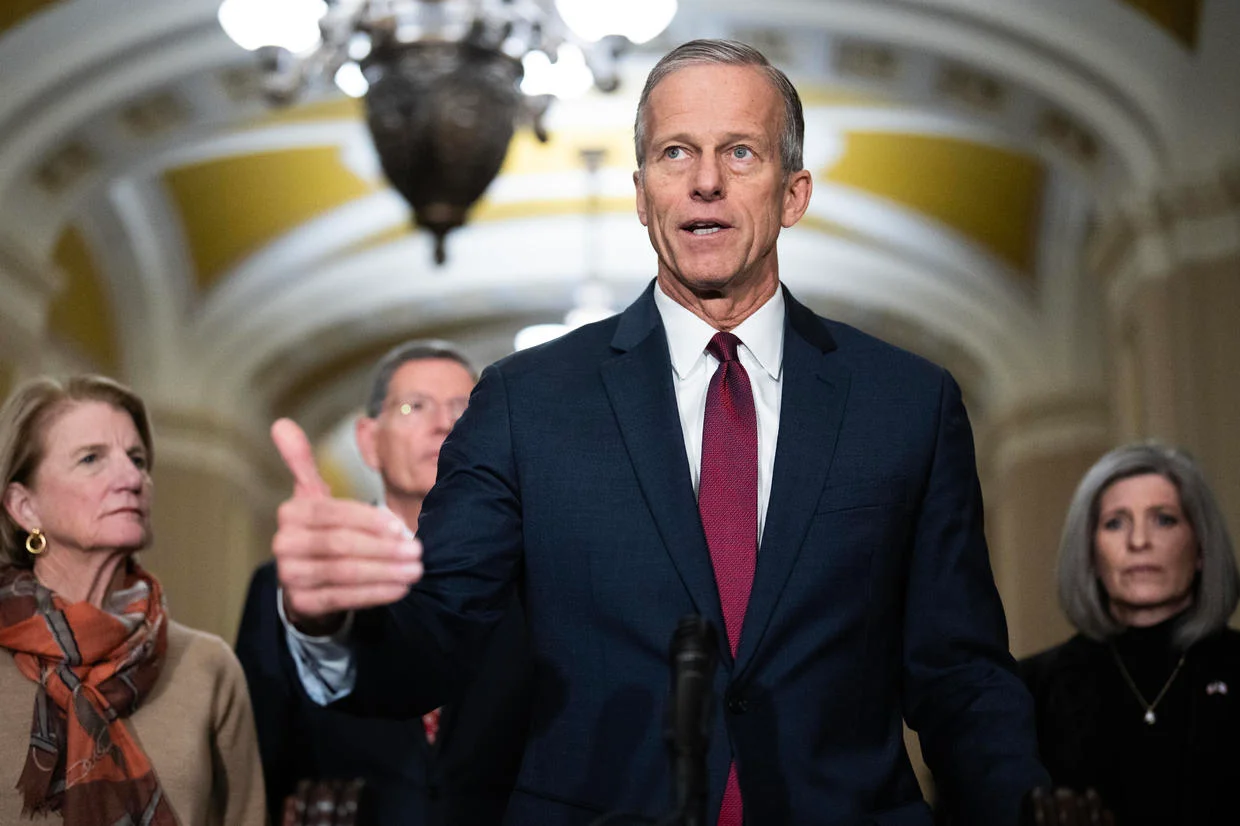On January 20, 2025, the U.S. Senate passed the Laken Riley Act, a significant immigration measure mandating the detention of undocumented immigrants accused of theft-related offenses. The Act, named after Laken Riley—a Georgia nursing student murdered by an undocumented Venezuelan immigrant—received bipartisan support, passing with a 64-35 vote.
Key Provisions of the Laken Riley Act:
- Mandatory Detention: The Department of Homeland Security (DHS) is required to detain undocumented individuals charged with theft-related crimes, including minor offenses such as shoplifting.
- State Authority to Sue: The Act empowers states to sue the federal government if immigration laws are not enforced, allowing them to challenge DHS decisions by demonstrating financial harm exceeding $100.
Legislative Journey:
The House of Representatives initially passed the Laken Riley Act on January 7, 2025, with a 264-159 vote, including support from 48 Democrats. Following the Senate’s approval, the bill returns to the House due to amendments made during Senate deliberations. Once the House concurs with these changes, the legislation will proceed to President Donald Trump’s desk for signing.
Political Implications:
The Act’s passage reflects a notable shift in immigration policy, with several Democrats aligning with Republican counterparts. This bipartisan support indicates a changing stance on immigration enforcement, influenced by rising concerns in border states and upcoming electoral considerations.
Criticism and Concerns:
Opponents argue that the Laken Riley Act could lead to due process violations, as it mandates detention without bond hearings for those merely accused of minor crimes. Additionally, the financial burden of implementing the Act is substantial, with estimates reaching $83 billion over three years. Critics also highlight potential constitutional challenges, particularly regarding state authority to influence federal immigration decisions.
As the Laken Riley Act advances toward becoming law, it signifies a pivotal moment in U.S. immigration policy, balancing enforcement with legal and ethical considerations.
